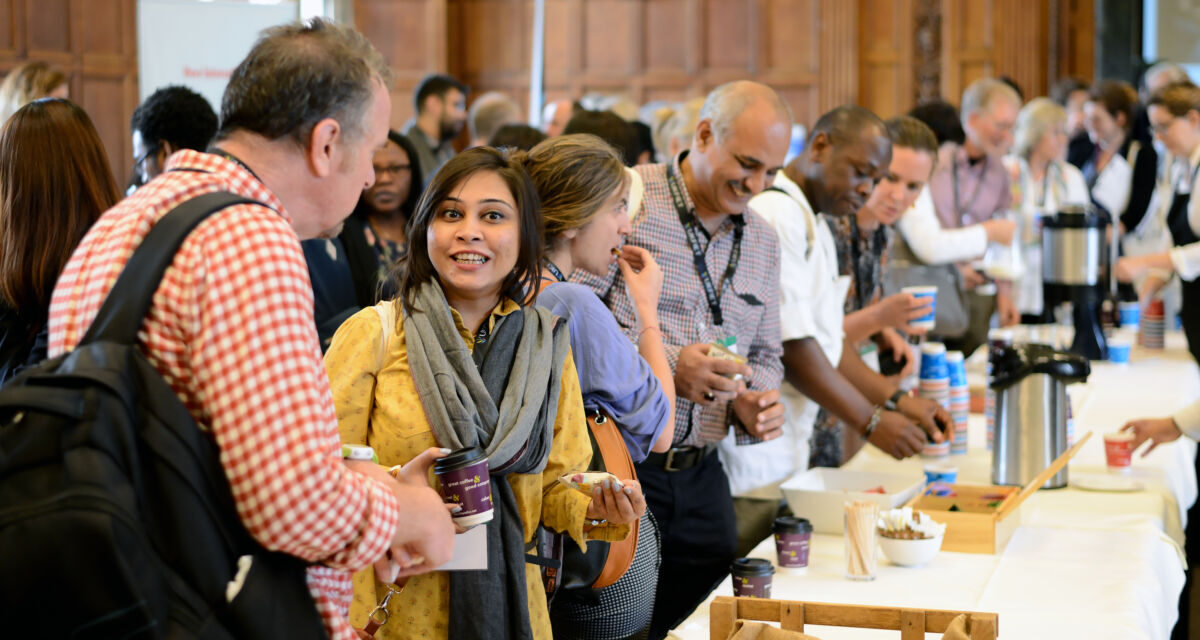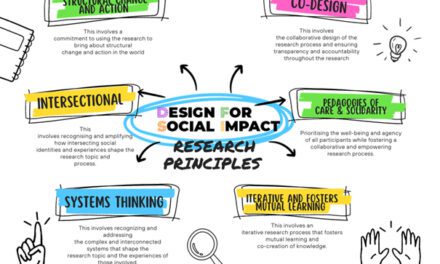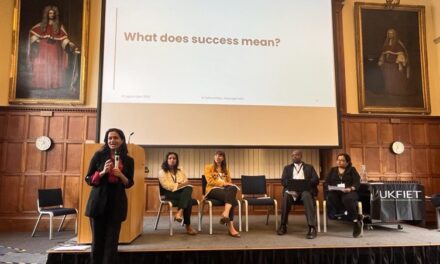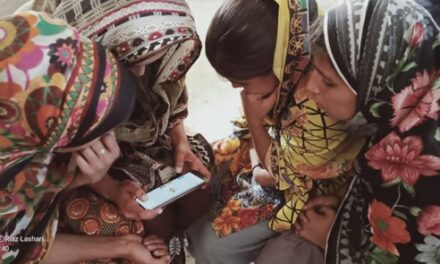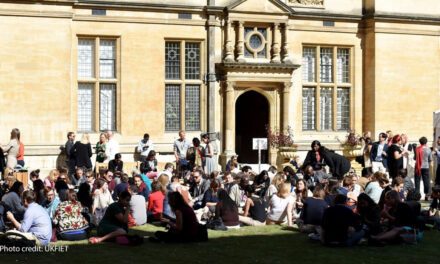This blog was written by Dr Lizzi Milligan, Deputy Chair of the UKFIET Executive Committee member and Professor of Education and Global Social Justice, Department of Education, University of Bath.
We are now only a few weeks away from the 2023 UKFIET conference and with the programme released, there is a lot to get excited about (not least the return to the dancefloor at the Wednesday night disco after four years). The conference theme – Education for social and environmental justice: diversity, sustainability, responsibility – is timely and there looks to be remarkable coherence across the four days of sessions with presentations, workshops, posters and symposia responding to the call to rethink education’s role in global and local challenges.
Our recently completed JustEd project – together with colleagues in GRADE, Peru, Tribhuvan University, Nepal, Gulu University, Uganda and University of Bristol, UK – has been exploring secondary education at the intersection of environmental, epistemic and transitional justice for young people in Nepal, Peru and Uganda. We are particularly excited that our co-investigator – Dr Maria Balarin – will be the opening keynote at the in-person conference, and that the conference theme resonates with our project’s key findings.
In our project, we have identified complex trajectories between secondary education and sustainable development related to policy enactment, curriculum content design, teaching methodologies, young people’s experiences of schooling and assessment. We thus argue for more attention to be paid to the role of education as justice to enable education’s expected contribution to sustainable development. We suggest the importance of just educational experiences and secondary curriculum and pedagogy that supports young people to understand and eventually change the multiple injustices that they experience in their daily lives. The complex relationship between education and different forms of justice and the importance of understanding lived and unequal experiences can be traced through different sessions at the conference.
While the conference focuses on education for social and environmental justice, epistemic exclusion and injustice are frequent topics in both the online and in-person programme ranging from issues of language, gender, conflict and curriculum. There have also been clear attempts to attend to epistemic (in)justice in the conference planning. There is no denying the combination of the in-person conference being held in expensive Oxford, and UK visa discrimination renders the conference on a deeply unjust footing in terms of whose knowledge is shared. However, the inclusion of the online conference and other new initiatives go a small way in seeking to redress some of this imbalance in terms of knowledge production, recognition and consumption.
Following in the footsteps of some excellent creative workshops at the 2022 BAICE conference, there are some exciting workshops at the UKFIET conference, including a story café on education inclusion and exclusion, and an interactive session on who matters in measuring what matters. There are also many sessions that seek to challenge, unsettle and reimagine conceptualisations and spaces of education and the knowledge base that drives educational planning and evaluation.
Since joining the UKFIET executive committee, it has been great to see the expansion of UKFIET activities alongside the conference. One exciting initiative has been the Conversations for Change series of workshops on education and climate justice, bringing together academics and practitioners in-person, online and for joint-writing projects. These conversations continue on the Wednesday morning of the in-person conference and I look forward to seeing what new directions the dialogue takes. I look forward to seeing many familiar and new faces online and/or in Oxford.

